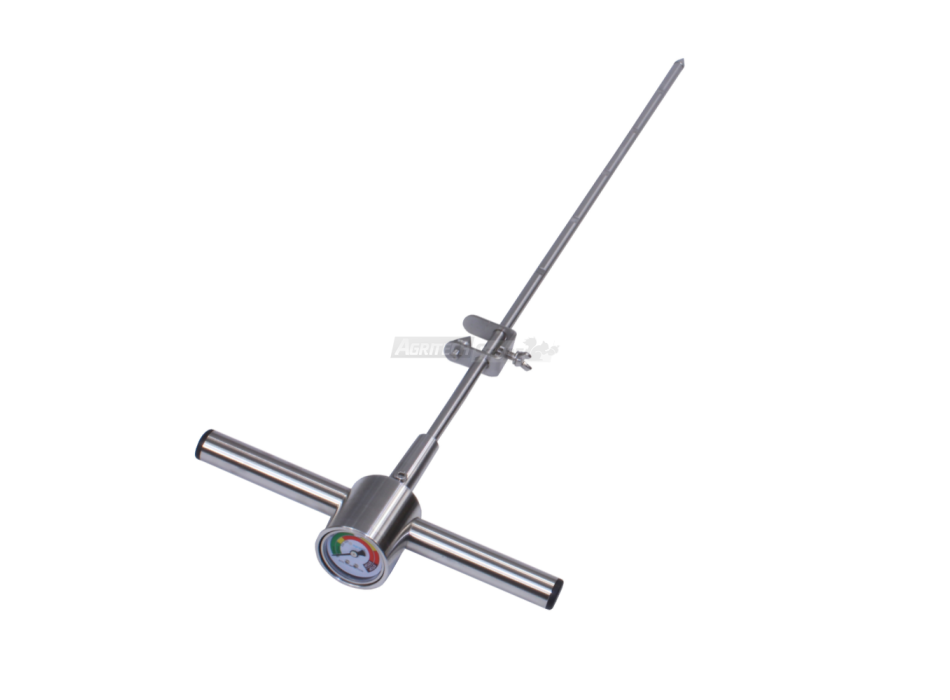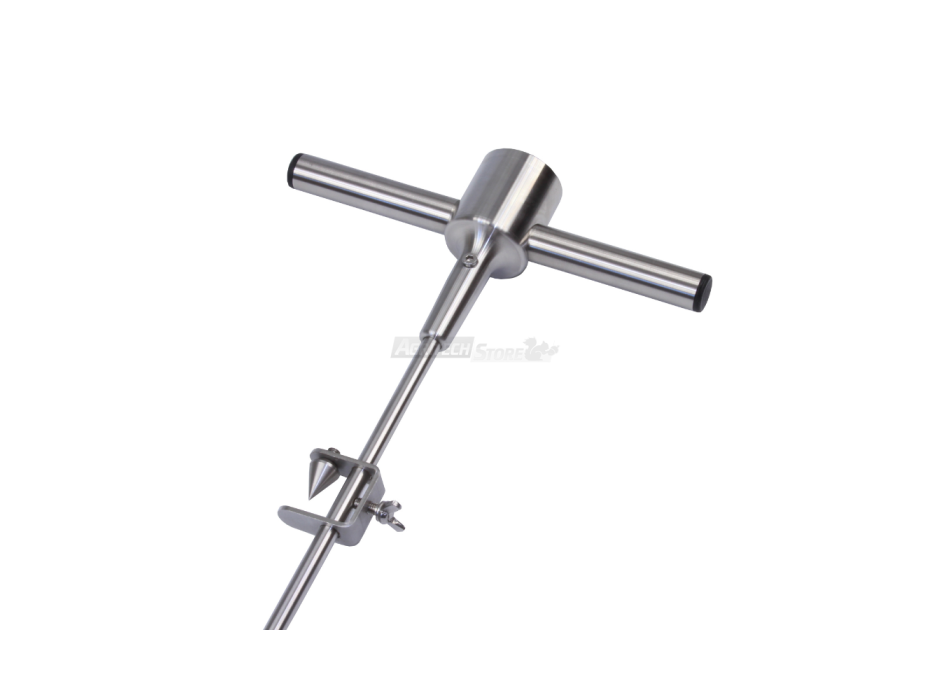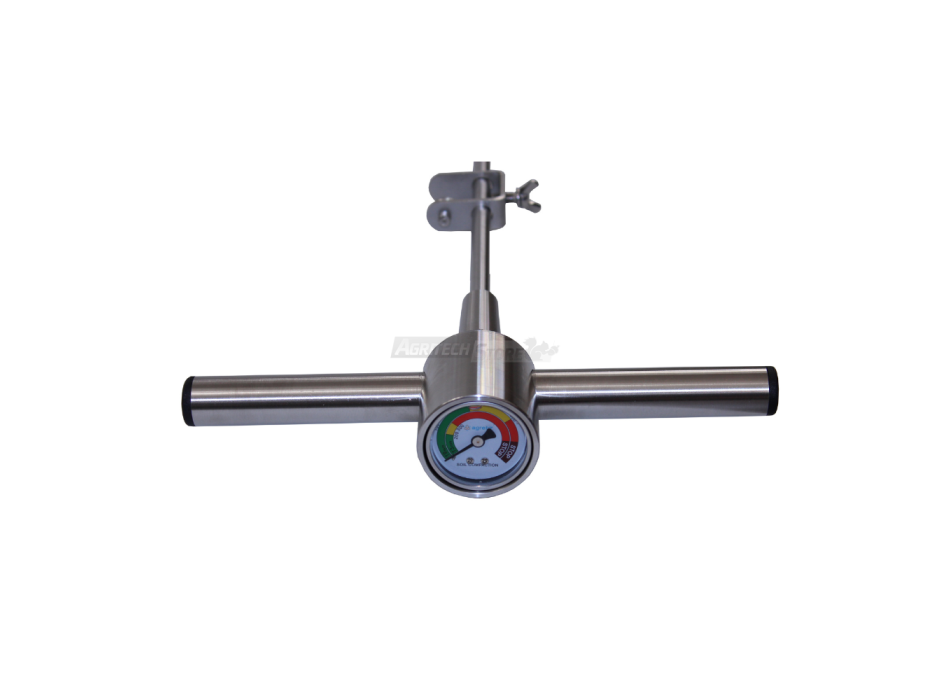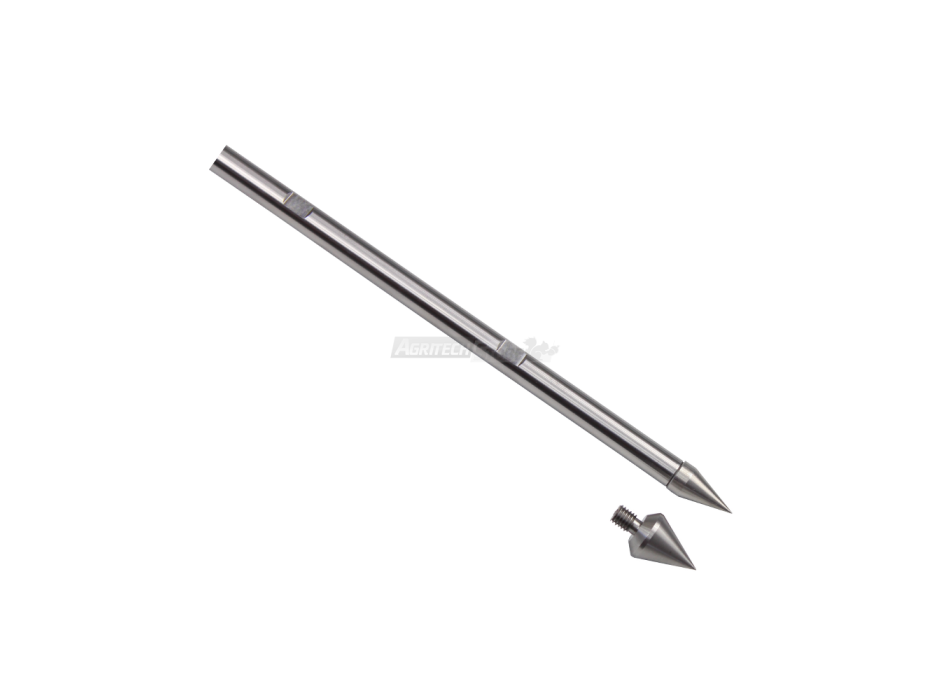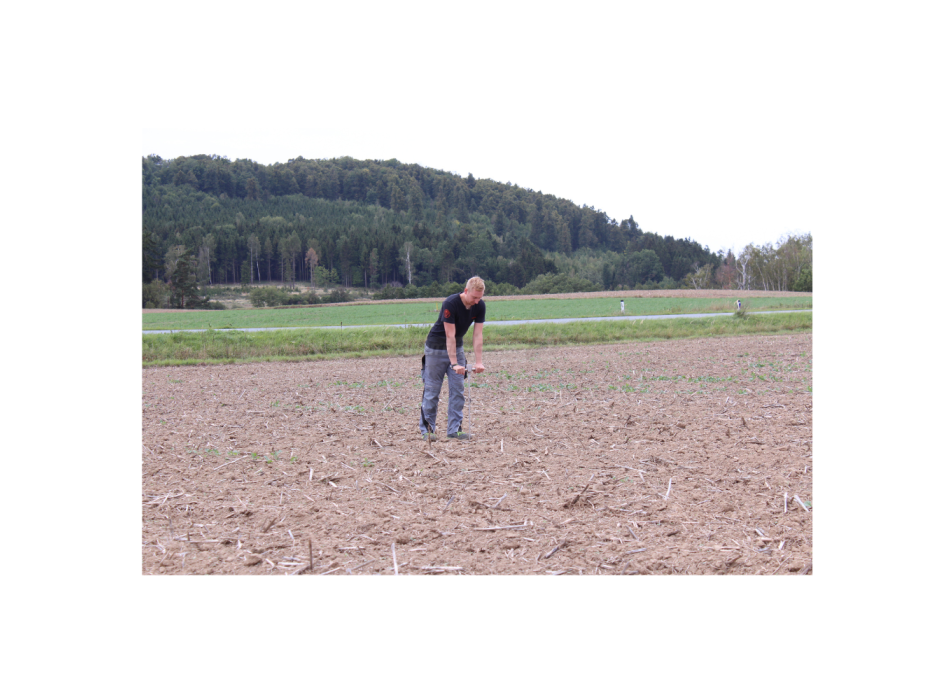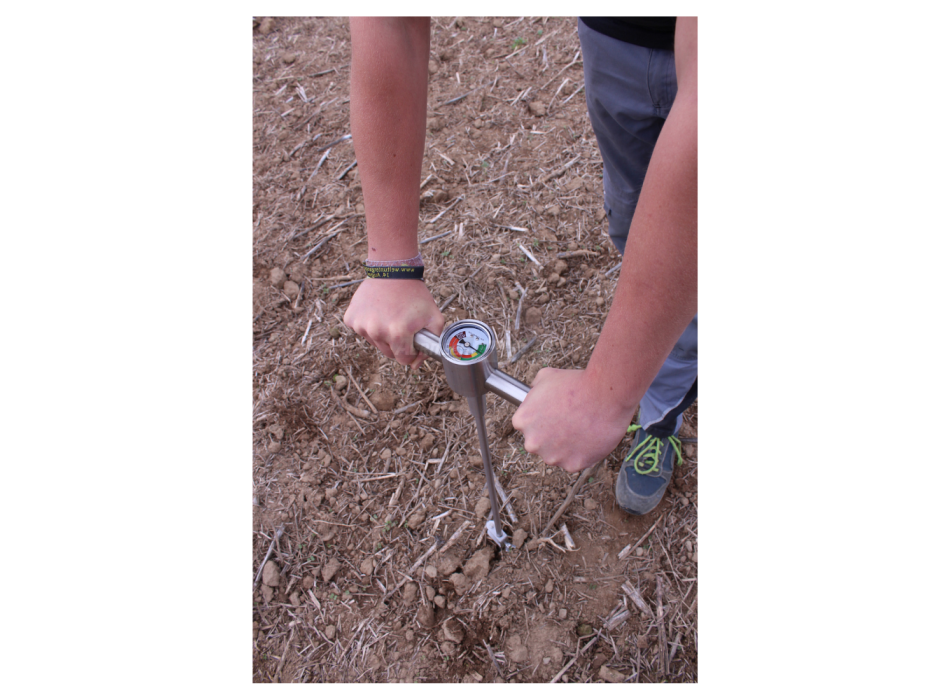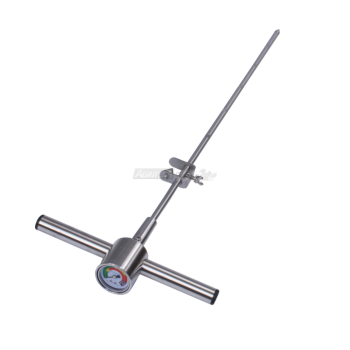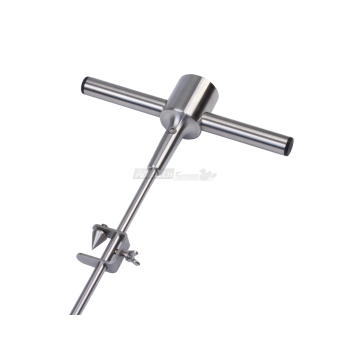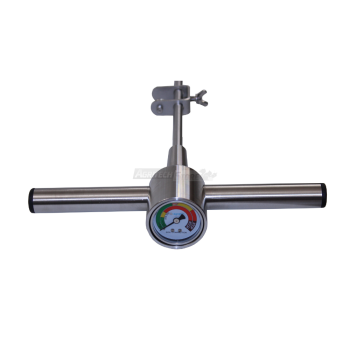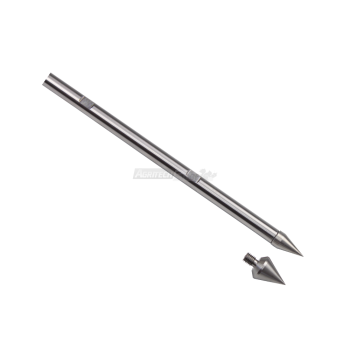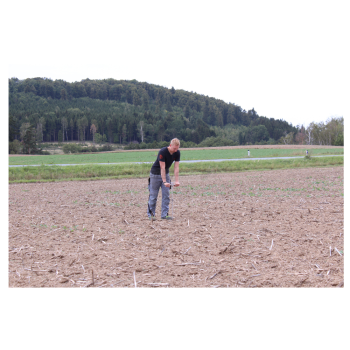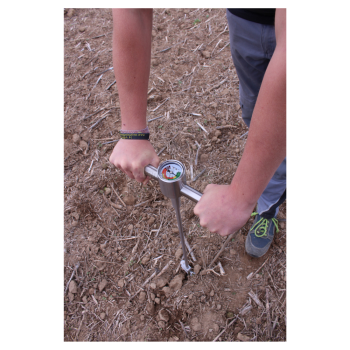Soil Compactometer Penetrometer: where is it used?
A soil penetrometer and compactometer is an instrument used to evaluate the mechanical characteristics of the soil, in particular its resistance to penetration and its compaction capacity. This tool is widely used in several industries, including agriculture , geology, civil and environmental engineering. Here's where it's used: 
-
Agriculture: In agriculture, the penetrometer and compactometer is used to evaluate the compactness of the soil, which can affect the growth of plant roots. By measuring the soil's resistance to penetration, farmers can determine the need for interventions such as plowing or aeration to improve soil conditions.
-
Geology: In geology, this tool is used to characterize the strength and compaction of soils in various contexts, such as geotechnical investigations and studies of soil characteristics.
-
Civil Engineering: In the field of civil engineering, the penetrometer and compactometer is used to evaluate the bearing capacity of the soil and to guide the design of foundations and structures. It helps engineers understand soil cohesion and strength, providing crucial information for construction planning and safety.
-
Environmental: In environmental investigations, this tool can be used to evaluate soil quality, monitor the presence of contaminants and study changes in soil characteristics over time.
In summary, the soil penetrometer and compactometer is a multipurpose instrument that provides fundamental data on the mechanical properties of the soil, contributing to targeted decisions and interventions in the various sectors mentioned above.
What are penetrometric tests used for?
Penetrometric tests, carried out using a soil penetrometer, play a fundamental role in the field of geotechnical engineering. These tests allow important information to be obtained on the mechanical characteristics of the soil and are used for various purposes.
One of the main applications of penetrometric tests is the determination of soil resistance. By inserting the penetrometer into the ground and measuring the resistance encountered during penetration, it is possible to obtain an estimate of the bearing capacity of the soil. This information is essential for designing safe and efficient foundations for building structures.
Penetrometric tests are also used to evaluate the compaction and density of the soil. The penetration of the indenter into the soil provides information on the compactness of the material, allowing engineers to evaluate whether the soil meets the requirements necessary to support the structures adequately or whether it requires consolidation interventions.
In addition to determining strength and compaction, penetrometric tests also provide information on soil stratigraphy. During penetration, changes in resistance can be detected which may be related to different geological layers present underground. This information is valuable for understanding the composition of the soil and planning excavation or drilling interventions.
Finally, penetrometric tests are used to evaluate the permeability of the soil. By measuring the resistance to penetration in different layers of the soil, it is possible to obtain indications of the soil's ability to allow the passage of water. This information is important for designing drainage works and for assessing the risk of instability phenomena linked to the accumulation of water in the ground.
In conclusion, penetrometric tests play a crucial role in geotechnical engineering. Through the use of a soil penetrometer, these tests provide fundamental information on the strength, compaction, stratigraphy and permeability of the soil. Armed with this information, engineers can more accurately and safely design building structures and plan excavation or drilling operations. Penetrometric tests are therefore an indispensable tool to guarantee the safety and efficiency of civil and infrastructural works.
The package includes: 2 probe tips, 1 depth gauge, instruction manual.

